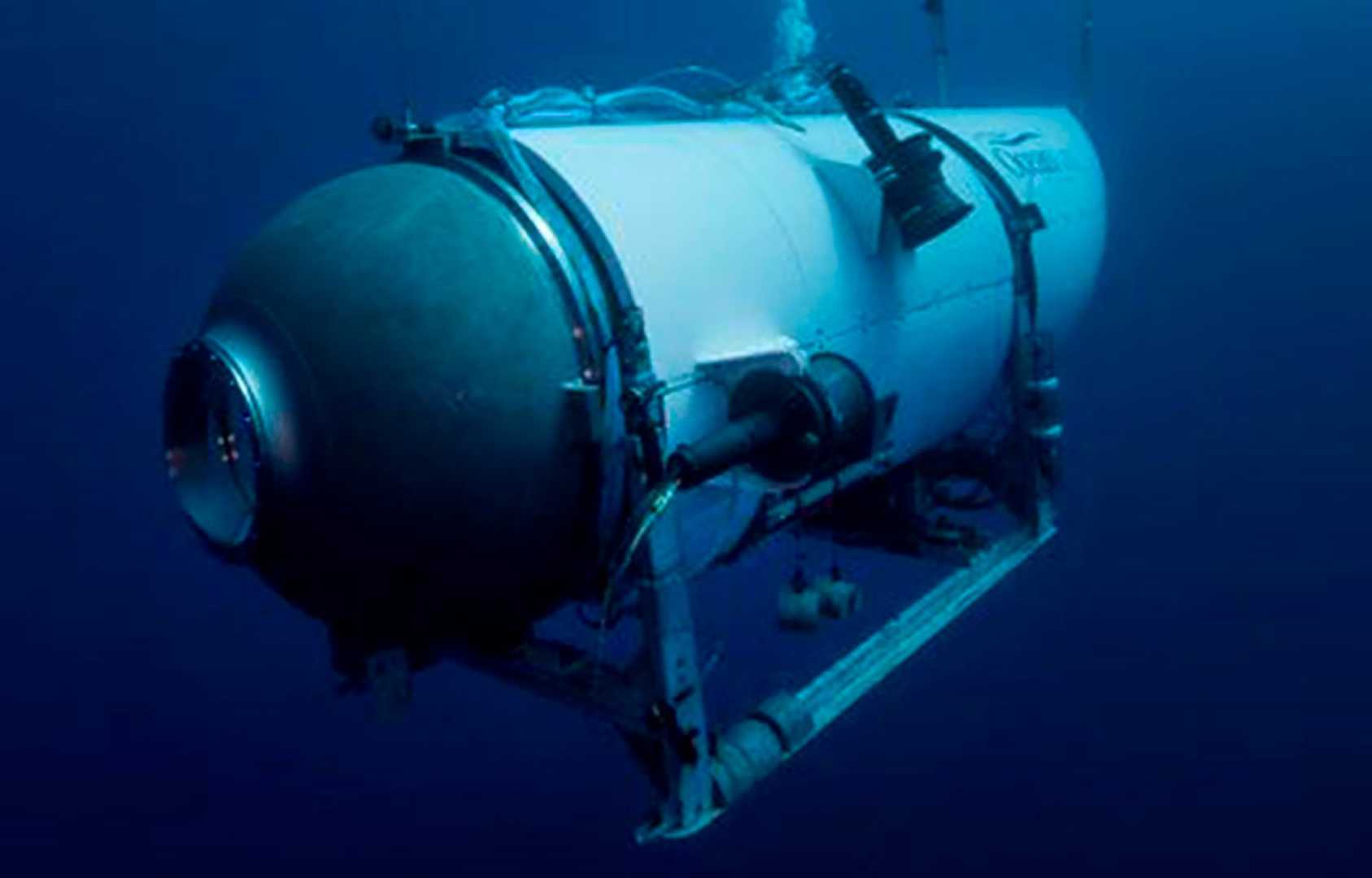World
Investigations Begin Into the Tragic ‘Titan’ Submersible Incident

The ongoing investigation into the “Titan” submersible implosion began with crucial testimonies on Monday. The hearing, which is anticipated to continue for two weeks, aims to determine the reasons behind the catastrophic implosion that occurred in June 2023, leading to the demise of all five crew members on board. This investigation is a significant step by the U.S. Coast Guard to ensure the safety of future private undersea explorations.
During the hearing, it was disclosed that communication issues between the Titan and its support vessel, the Polar Prince, became frequent as the submersible descended to explore the Titanic wreckage. The two crafts were communicating through text messages until contact was lost. Among the final messages from the Titan included reassurances of systems functioning well, even as the communication grew increasingly sporadic.
The hearing also addressed concerns related to the Titan’s maintenance. Coast Guard officials revealed that the vessel was left vulnerable to environmental conditions for over seven months without undergoing necessary third-party hull inspections, which is a standard industry practice.
Jason Neubauer, leading the Coast Guard’s Marine Board of Investigation, emphasized the importance of the hearing in unveiling the tragedy’s cause and preventing such incidents in the future. He expressed condolences to the bereaved families and stressed that the recommendations from the hearing would be submitted to the Coast Guard’s commandant for further consideration.
Among the victims of the implosion were Stockton Rush, co-founder of OceanGate, which owned the Titan, and renowned Titanic explorer Paul-Henri Nargeolet. Also killed were Shahzada Dawood and his young son Suleman Dawood, both hailing from a notable Pakistani family, alongside British explorer Hamish Harding. The incident, occurring approximately 700 kilometers off the coast of St. John's, Newfoundland and Labrador, has drawn significant attention to the practices and safety standards within the private undersea exploration sector.
Additional testimonies from OceanGate’s former engineering director, Tony Nissen, and other key figures are expected in the upcoming days. Nissen noted difficulties working under Rush, particularly concerning cost management and scheduling issues. The hearing will continue to delve into these operational aspects alongside safety and procedural standards.












